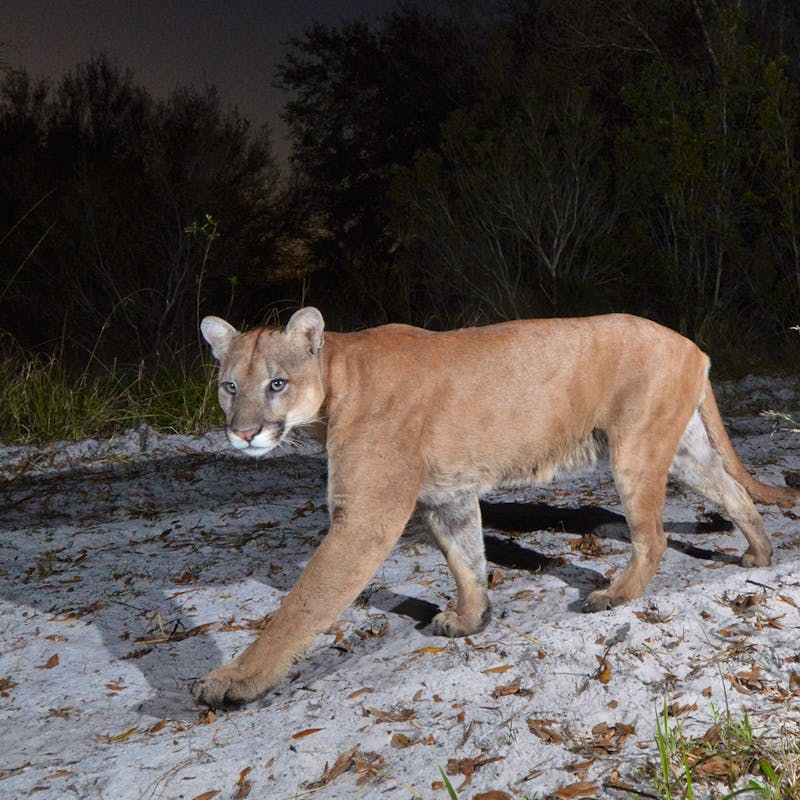 NEWS: Some of the $1 billion BP announced it would release yesterday to help speed the cleanup and recovery of the Gulf of Mexico must go to expanding coastal wildlife refuges, according to a coalition of conservation groups.
NEWS: Some of the $1 billion BP announced it would release yesterday to help speed the cleanup and recovery of the Gulf of Mexico must go to expanding coastal wildlife refuges, according to a coalition of conservation groups.
The following are statements from Defenders of Wildlife and the National Wildlife Refuge Association:
“We’re encouraged to see BP make a billion dollar down payment on restoring the Gulf, but given that BP is seeking $40 billion from its corporate partners, it looks like BP agrees with us that the damage wreaked by this disaster will take far more than a billion dollars to fix,” said Timothy Male, Vice President of Conservation Policy with Defenders of Wildlife. “One of the very best investments for these dollars is expanding coastal wildlife refuges. These wetlands and beaches were on the frontlines of the damage, and they should be in the front of the line for relief.”
“These much-needed funds will help the U.S. Fish and Wildlife Service begin restoring areas hard hit by the BP Deepwater Horizon oil spill,” said David Houghton, Vice-President of Conservation Programs with the National Wildlife Refuge Association. “With hundreds of thousands of pounds of oil still being removed from Gulf Coast refuges, the need for habitat restoration dollars could not be greater.”
Background:
Funds from the Early Gulf Coast Restoration Agreement can be put to work immediately on projects to restore and protect habitat that will help oil-affected species begin recovering in the Gulf. A few examples include:
In Louisiana, the $250 million barrier island restoration at Chandeleur Islands is a good candidate for funding. This 5,000-acre project at Breton National Wildlife Refuge would restore barrier island habitat and provide nesting habitat for affected species such as brown pelican, black skimmers, laughing gulls and royal and sandwich terns, and protection of back barrier tidal flats to promote establishment and growth of seagrass beds critical to wintering redhead ducks and other important estuarine species.
We’re encouraged to see BP make a billion dollar down payment on restoring the Gulf, but given that BP is seeking $40 billion from its corporate partners, it looks like BP agrees with us that the damage wreaked by this disaster will take far more than a billion dollars to fix.
In the Florida Panhandle, the $134 million Lake Wimico project would protect and restore 67,000 acres at St. Vincent National Wildlife Refuge. This acquisition would benefit two major estuarine systems, protecting an important bottlenose dolphin nursery and providing significant water quality benefits to oyster and scallop populations in Apalachicola and St. Joseph’s Bays. This project would have significant long-term economic benefit on local economies because of its positive impact on the commercial fisheries resource.



